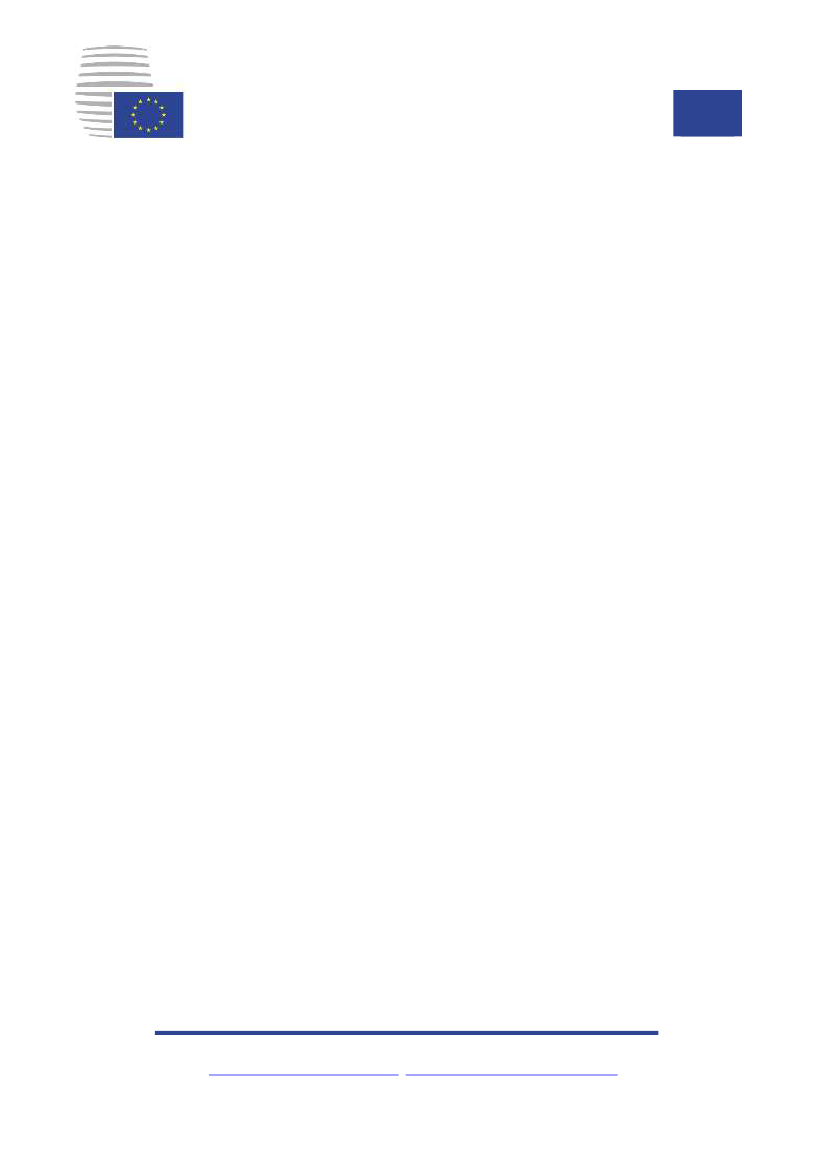
Council of the
European Union
14411/15
(OR. en)
EN
PRESSE 72
PR CO 64
OUTCOME OF THE COUNCIL MEETING
3428th Council meeting
Education, Youth, Culture and Sport
Brussels, 23 and 24 November 2015
Presidents
Claude Meisch
Minister for Education and Youth of Luxembourg
Maggy Nagel
Minister for Culture of Luxembourg
Roman Schneider
Minister for Sports of Luxembourg
PRESS
Rue de la Loi 175 B – 1048 BRUSSELS Tel.: +32 (0)2 281 9773 / 6319 Fax: +32 (0)2 281 8026
[email protected] http://www.consilium.europa.eu/press
14411/15
1
EN